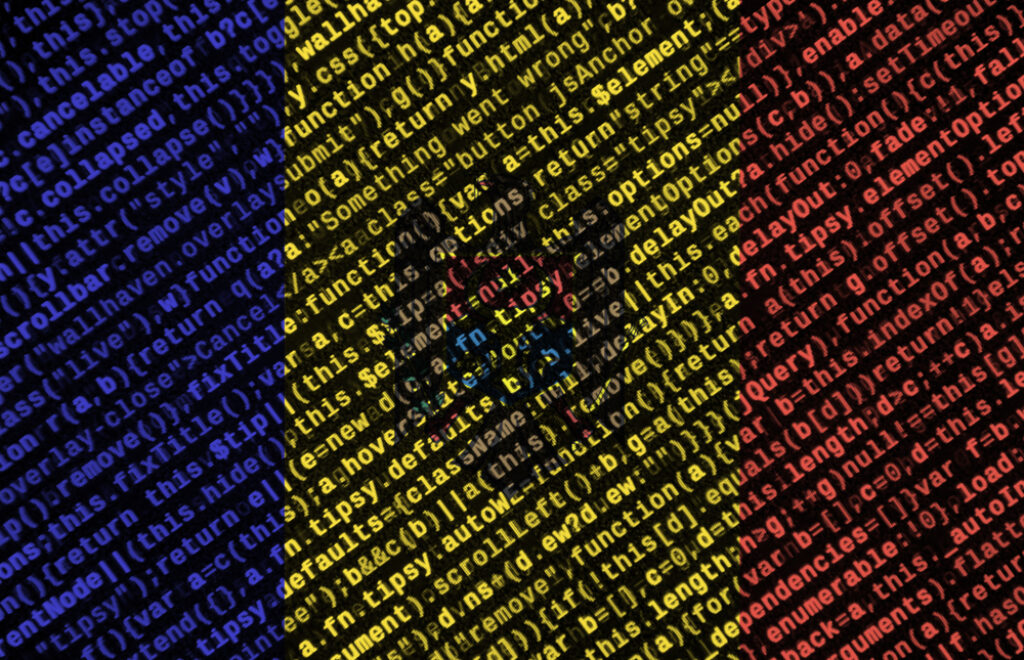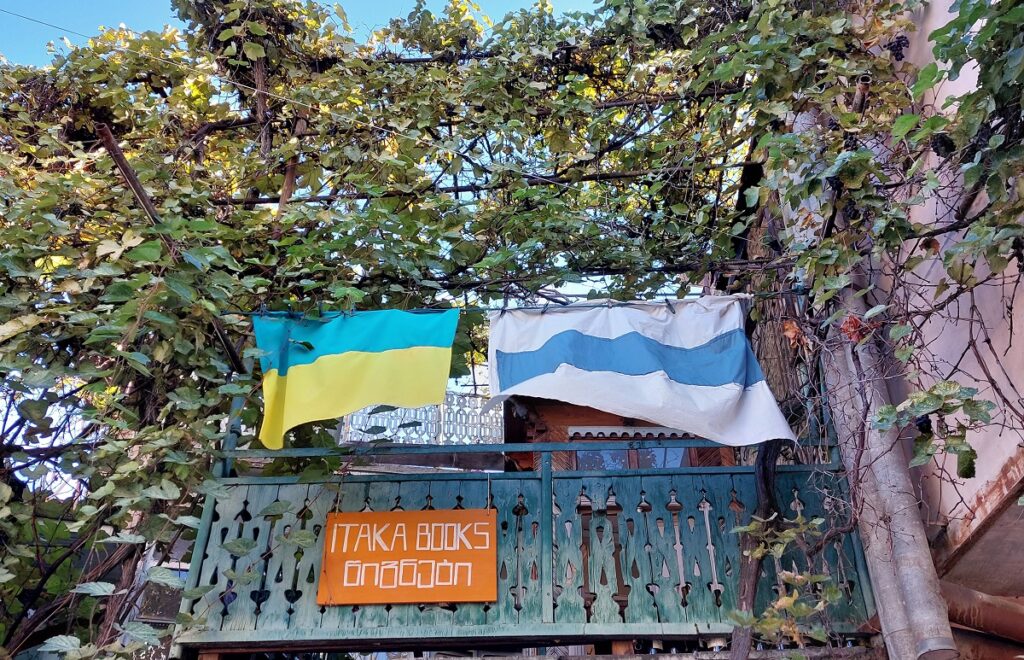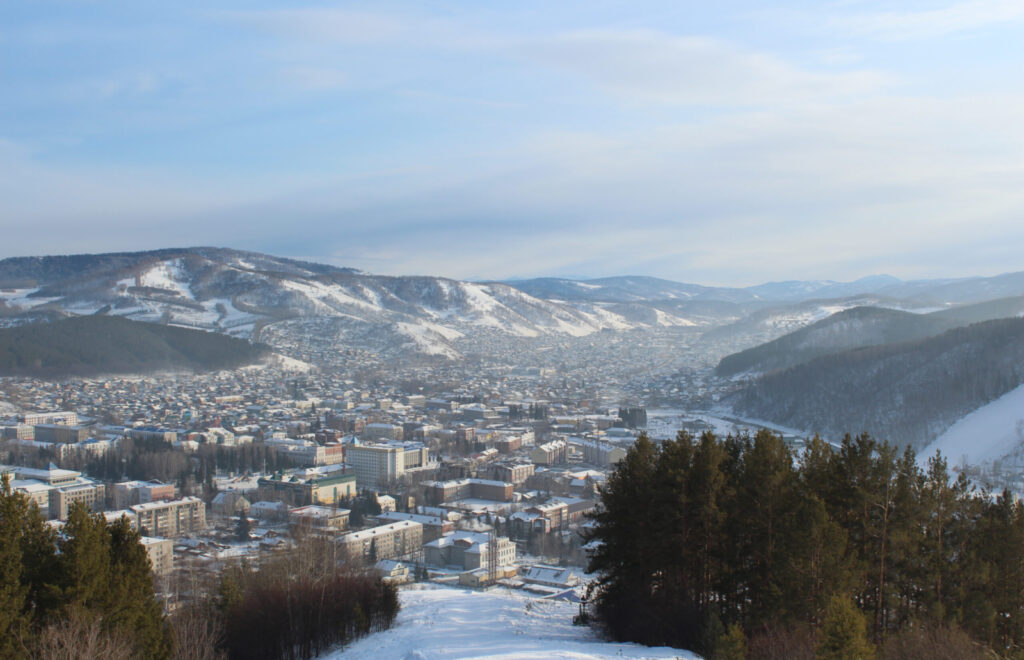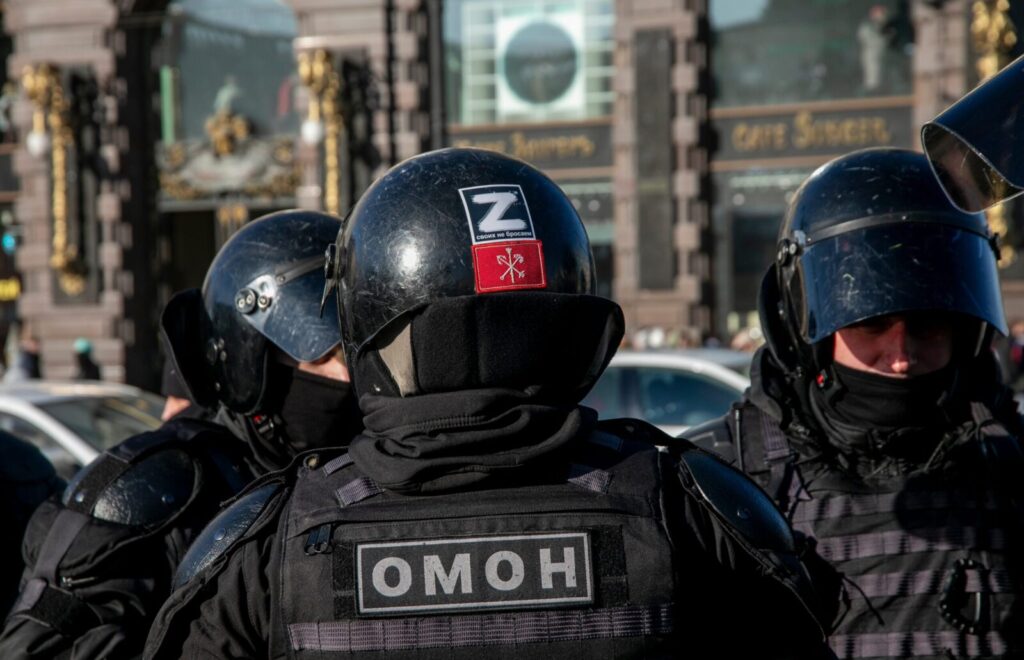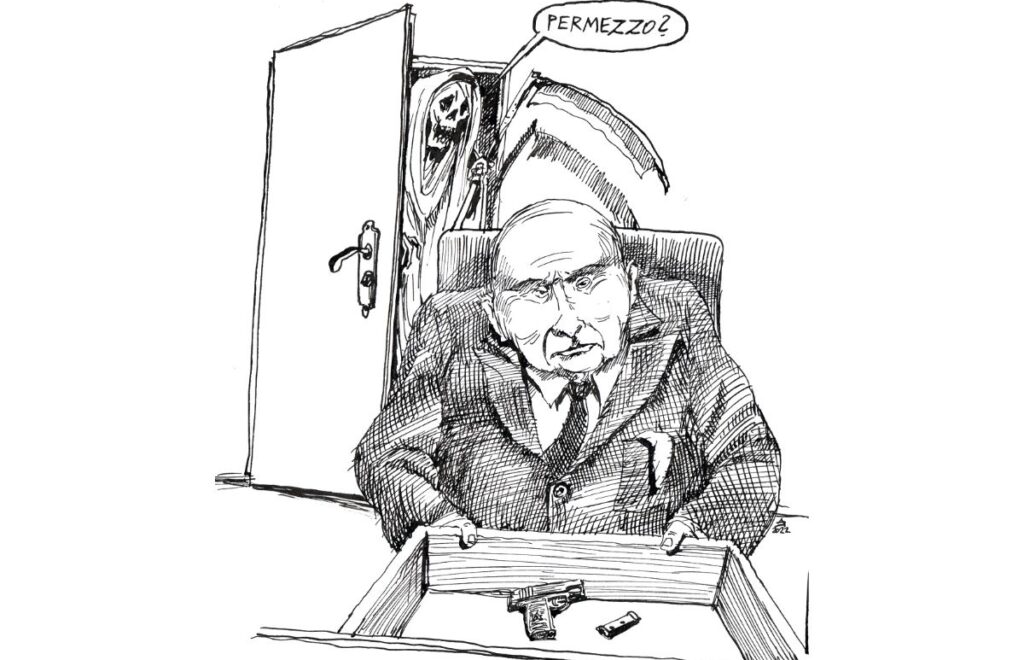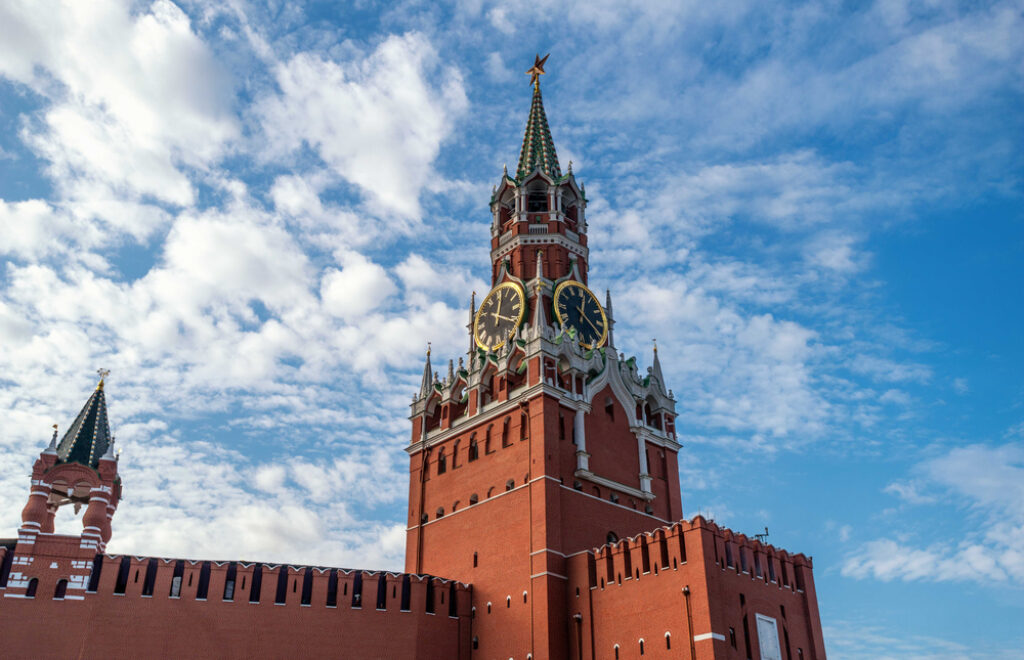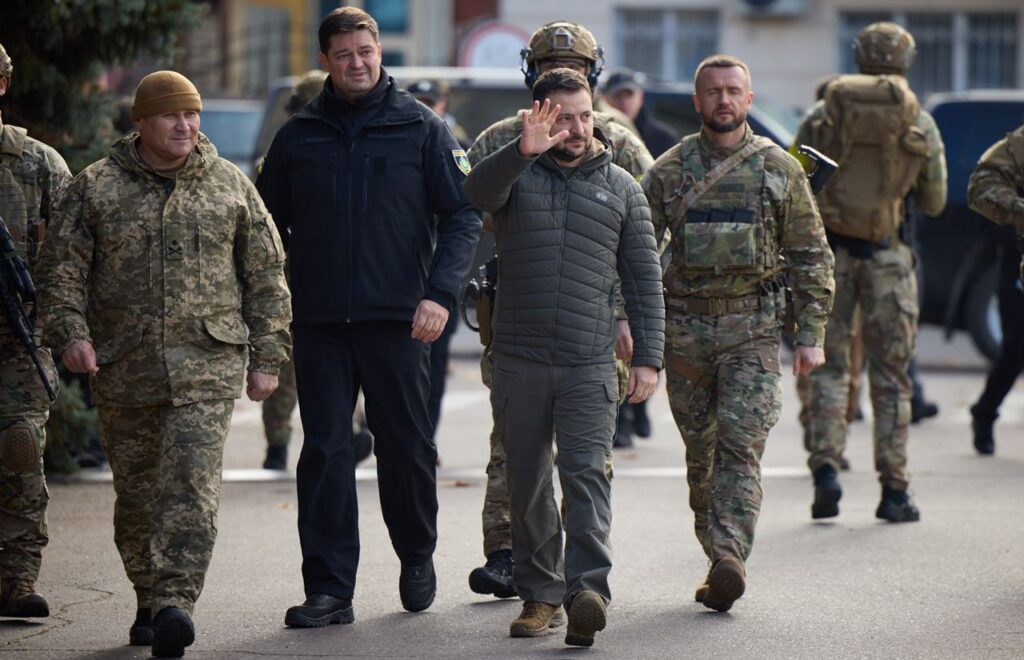The ongoing process of de-Sovietisation in Eastern Europe
Since the full-scale invasion of Ukraine in February 2022, Russia’s actions have been discussed not only as a brutal violation of the territorial integrity and sovereignty of a neighbouring state, but also as a continuation of Russian imperial policy and a desire to rebuild the Soviet Union. Yet, amidst the war in Ukraine, Eastern Europe showed its powerful counter-desire to be freed from the Soviet past and Russian influence.
February 15, 2023 - Nino Chanadiri




